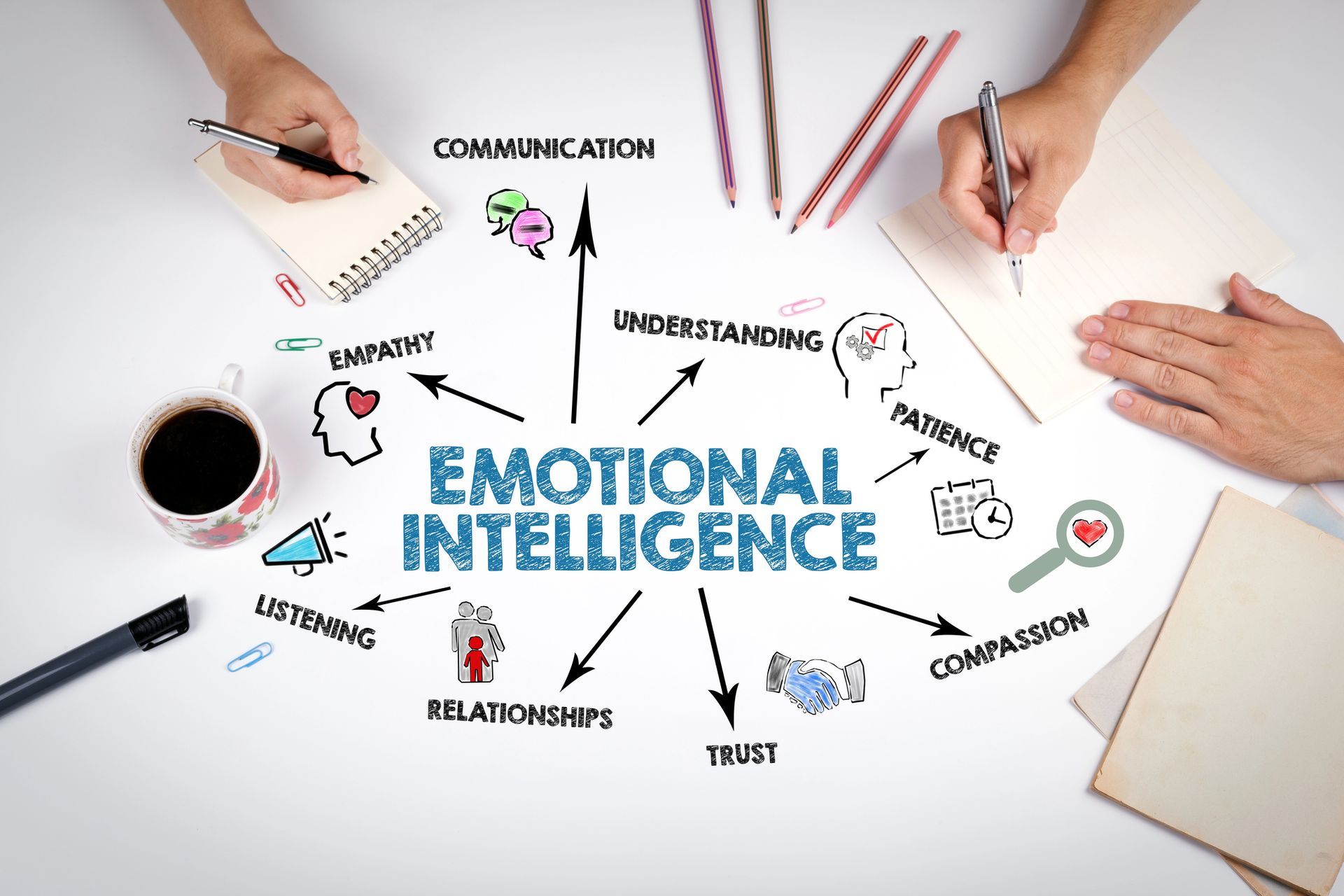Exploring the Six Types of Relationships and Their Impact on Your Life
Relationships are like puzzle pieces — each is unique and connects differently. Whether a friendship, family connection, or romantic partnership, every relationship plays out differently, influencing your experiences and shaping who you are.
Understanding these variations helps navigate the complexities of relationships, recognizing that each type brings its own joys, challenges, and lessons.
In this article,
seasoned relationship counsellor Kathleen Maiman offers profound insights into human connections. Drawing from her extensive experience working with couples and individuals, she breaks down how each relationship style can impact our well-being.

Style #1: Family Relationships
From our earliest moments, family interactions largely determine how we relate to others and interpret the world around us. These physical and social-emotional connections influence our perceptions, values, and emotional responses, significantly impacting our social development.
While family bonds can be a source of immense support and love, they may also present challenges. Managing family dynamics often requires close attention to maintaining healthy boundaries. Striking a balance between closeness and autonomy is essential for creating positive relationships.
Boundaries involve setting clear expectations, effective communication, and recognizing when they need adjusting. Understanding family dynamics contributes to maintaining positive connections and individual well-being within the familial framework.
Style #2: Romantic Relationships
Romantic relationships typically happen in distinct stages, each contributing to personal growth. The initial stage often involves infatuation, excitement, deeper connection, and commitment. Challenges may arise, fostering resilience and understanding.
Long-term relationships lead to shared experiences, promoting mutual growth and individual development. Understanding these stages can amplify personal maturity, emotional intelligence, and your capacity for meaningful connections.
Maintaining Healthy Communication and Connection
A long-term romantic partnership requires intentional efforts in communication and connection. Tips for building a healthy relationship include:
- Open communication: Use honest, open dialogue to share thoughts, feelings, and concerns. Be a safe space where you and your partner can express yourselves without judgment.
- Build trust: Honesty is the foundation of a strong relationship — be reliable, consistent, and transparent in your actions.
- Respect boundaries: Establish and respect personal boundaries to nurture individual autonomy within the relationship. Regularly communicate about your evolving needs and expectations.
- Active listening: Being attentive can help you better understand your partner's perspective. Work on validating their feelings and showing empathy to enhance mutual understanding.
- Quality time: Prioritize time together to strengthen your emotional bond.
- Conflict resolution: Approach conflicts constructively, focusing on solutions rather than blame.
- Celebrate achievements: Acknowledge and celebrate each other's successes and milestones. Create a happy, supportive environment that encourages personal and shared growth.
Style #3: Friendships
Aside from companionship, positive friendships contribute to emotional well-being, providing support during challenging and happy times. These connections become a source of shared laughter, comfort, and understanding, creating a sense of belonging crucial for our mental health.
Choosing friends who add positivity to your life helps you form meaningful connections. Healthy friendships typically encompass:
- Shared values: Believing in the same principles builds a solid foundation for your relationship.
- Encouragement: Surround yourself with optimistic people who uplift and encourage you.
- Reliability: Friends who demonstrate reliability and trustworthiness create security within the relationship.
- Mutual respect: Wholeheartedly respect each other's opinions, boundaries, and individuality.
- Communication: Open, honest communication within friendships allows for a deeper understanding and connection.
- Supportive during challenges: Showing empathy and helping during challenging times is imperative to fostering healthy friendships.
- Celebrate successes: Celebrate each other's successes and truly share each other’s joy and accomplishments.
- Regular check-ins: Regular check-ins and active participation in each other's lives promote closeness and make the other feel like they matter.
Style #4: Professional Relationships
Connecting with colleagues, mentors, and industry professionals can significantly impact your career growth, job opportunities, and overall satisfaction in the workplace.
You can establish and maintain professional relationships in the following ways:
- Practice clear, open communication to ensure mutual understanding and collaboration
- Be attentive and actively listen to colleagues, respecting their perspectives
- Build trust by consistently delivering on commitments and deadlines
- Actively engage in networking opportunities to expand professional connections within and beyond your industry
- Request feedback from colleagues and supervisors to demonstrate your commitment to continuous improvement
- Value contributions from team members and acknowledge various skill sets
- Address conflicts professionally, seeking resolutions that prioritize the well-being of the team and the organization
- Establish mentorship relationships to gain guidance and insights from experienced professionals in your field
- Acknowledge and appreciate your colleagues
- Invest in your professional development and encourage others to do the same, fostering a culture of continuous learning
Style #5: Acquaintanceships
Acquaintances often bridge the gap between your immediate circles and broader networking opportunities. These diverse backgrounds offer varied perspectives, making them valuable for finding unexpected career paths, mentorships, and professional growth.
Acquaintances introduce you to various social scenes, providing access to events and gatherings that extend beyond the usual. Intentional efforts allow you to balance acquaintanceship, networking, and an active social life. Identifying shared interests, attending diverse social functions, and embracing authenticity can expand your social network, creating more genuine connections.
Style #6: Self-Relationship
Self-love, self-care, and personal development are essential for a fulfilling, balanced life. Acknowledging and nurturing your needs is a form of self-compassion and a foundation for overall well-being.
You can practice self-compassion in several ways:
- Participating in mindfulness, daily reflection, and positive affirmations
- Embracing imperfections
- Enhancing personal growth through goal setting and progress tracking
- Prioritizing physical health with lifestyle choices
- Engaging in continuous learning for skill development
- Establishing healthy boundaries in relationships
- Exploring creative expressions for emotional understanding
- Seeking help from a certified therapist when necessary
Learn How Your Relationships Are Impacting Your Life With The Love of Attraction
Humans have a biological and inherent need for connection. We often feel a sense of despair and hopelessness when we experience disconnection, whether from ourselves or others.
Recognizing diverse relationship types and their distinct influences on your life can help you form stronger bonds and enforce boundaries when required. A proactive approach to understanding and nurturing relationships can enhance your well-being and fulfillment.
Kathleen Maiman offers a safe space and a guiding hand for individuals and couples to connect with themselves, their partners, and the world around them.
Register for our Newsletter and receive a Free Love Chat Package
- The 5 Steps to a Better Relationship
- Ongoing Monthly Relationship Tips
- If you want more love in your life, our relationship Love Chat Package is an easy cost-free first step.


















